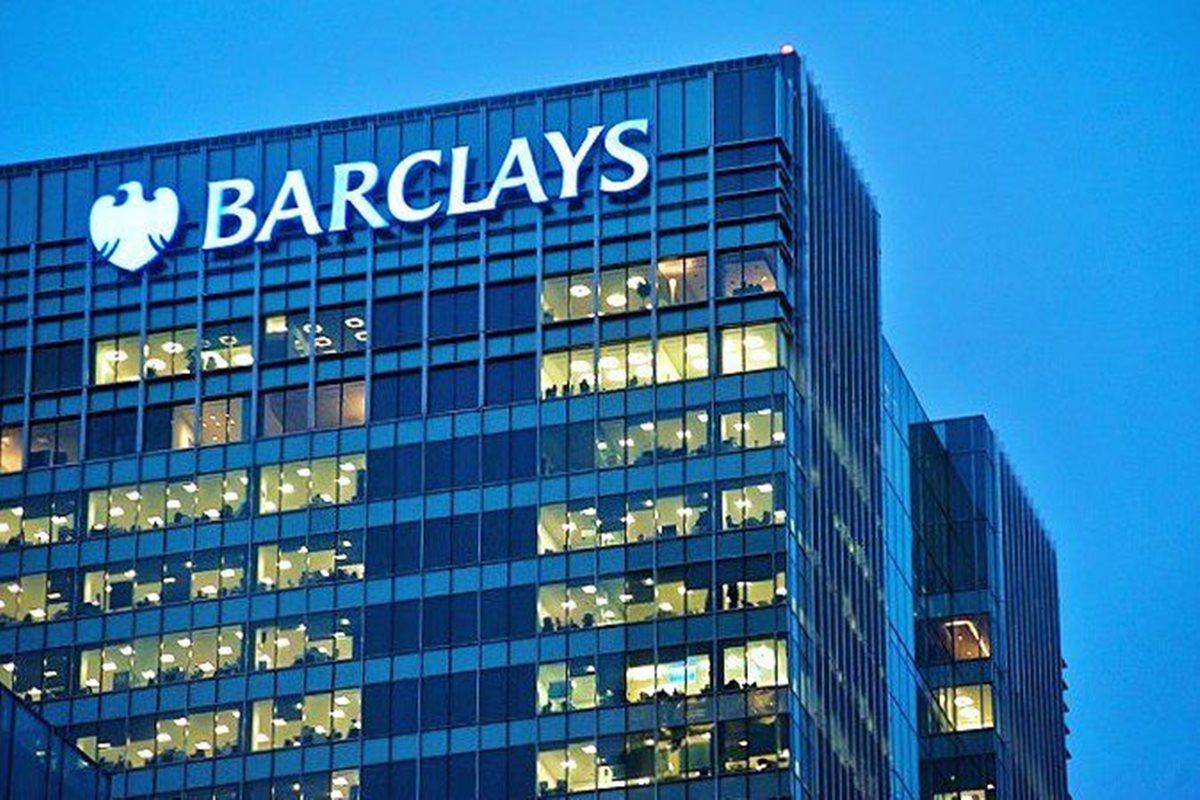Barclays told to review leveraged finance as UK probes industry
UK regulators have ordered Barclays to review its leveraged finance business as concern grows inside the Bank of England over how lenders across the industry are measuring their exposure to the giants of private equity.
The central bank’s Prudential Regulation Authority (PRA) has instructed Barclays to commission a section 166 review of the business, according to people familiar with the matter. These reviews force a firm to bring in an outside expert to examine their practices and produce an independent report for the authorities, which can then prompt further action if necessary.
It’s the first of many such reviews the regulator is expected to launch into leveraged finance, which has long been the financing method of choice for private equity buyouts, one of the people said, asking not to be identified discussing non-public information. It comes as the PRA has found a number of banks were unable to measure their exposure to private equity giants and their portfolio companies and ordered them to begin stress testing those relationships in recent weeks.
In April, the PRA reminded lenders’ chief risk officers in a letter that it expects them to “comprehensively identify, measure, combine, and record risks” tied to buyout funds and the companies they back.
It’s unclear what, if any, outcomes the review at Barclays will have at this time. Section 166 reviews can lead to reports recommending changes, which in some cases can prove large-scale and expensive.
Later this month, the Bank of England is scheduled to publish its Financial Stability Report, a twice yearly update on financial risks. The central bank has previously said the report will offer a fresh analysis of the danger that private equity may pose to the health of the UK’s financial system.
The central bank’s Financial Policy Committee warned in March that it has seen an increasing number of private equity sponsored companies turn to “amend and extend” agreements, where companies push back payment dates rather than try to refinance the debt at a higher rate. These deals and others like it may increase the risk of “larger than expected credit losses being incurred in the future”, the committee warned at the time.
The Bank of England isn’t alone. The European Central Bank is also reviewing how the region’s biggest banks lend to the private equity industry amid a rising threat of corporate defaults.
Despite the heightened scrutiny, leveraged finance markets have come roaring back in 2024 after ceding ground to private credit firms as interest rates rose in recent years. Leveraged loans are also used to finance the capital structure of companies.
Investment banks are now trying to poach back so-called unitranche deals – a blend of junior and senior debt typically provided by direct lenders – by offering debt at a much cheaper cost.
Barclays, long known for its prowess in debt capital markets, has been seeking to deepen its ties with buyout firms as part of a broader push to boost returns at the company’s investment bank.





